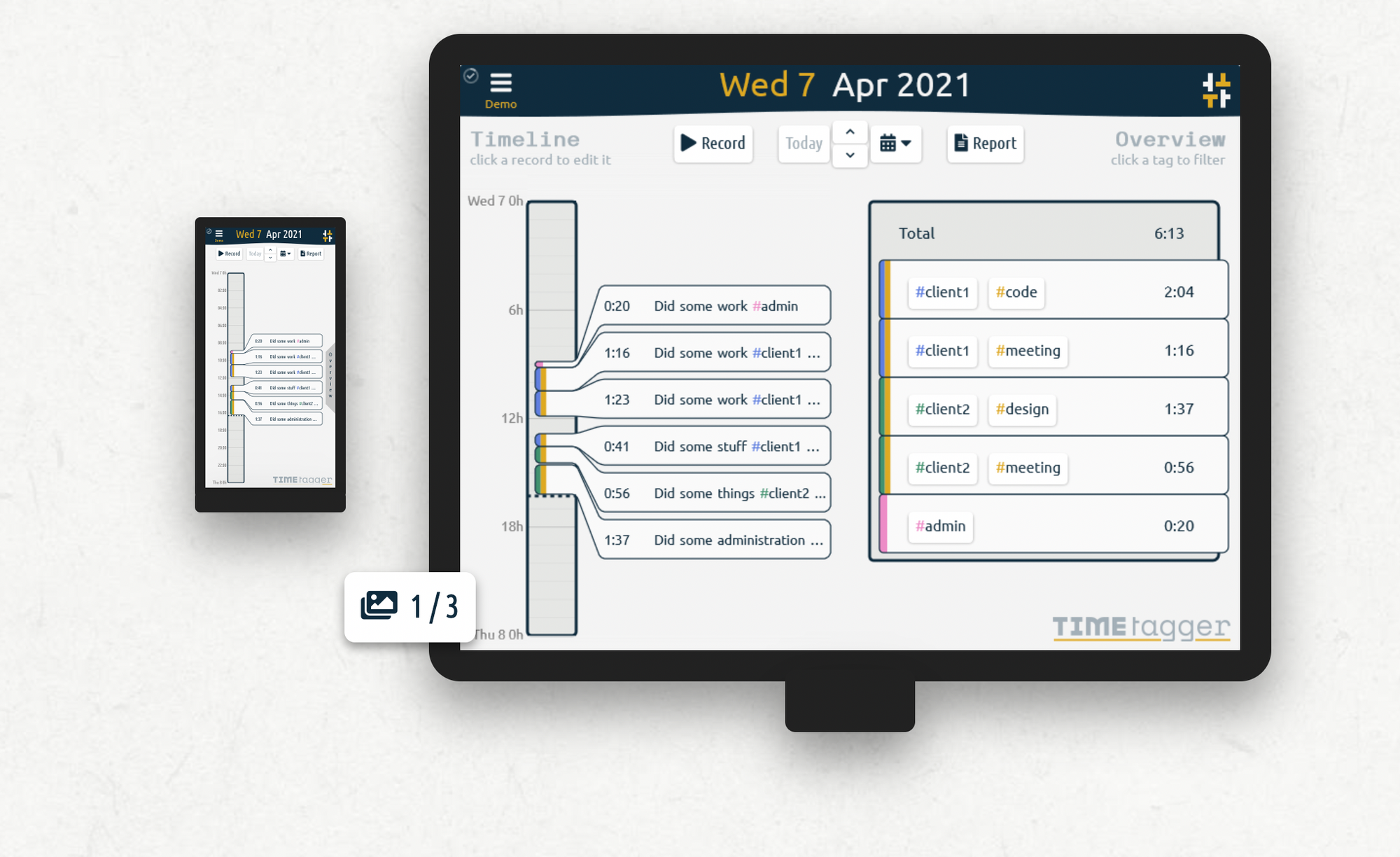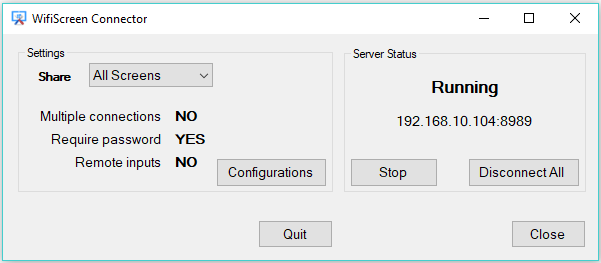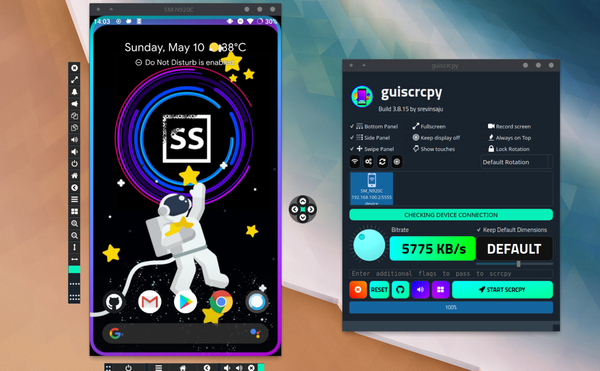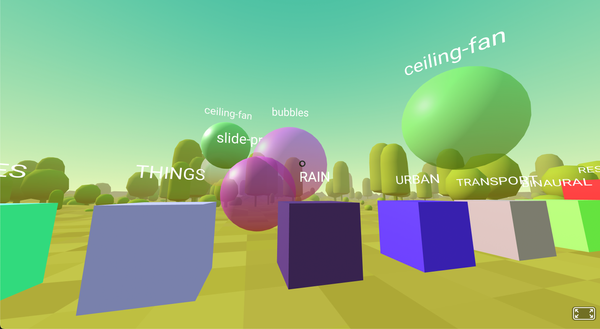Timetagger: an open-source time-tracker with precision
Table of Content
Timetagger is an open-source time-tracker package for users who enjoy managing their time.
It has a unique interface which is easy to use and learn in almost no time.
Timetagger implements a Pomodoro method in a nice visualized time-flow view that makes it easy to track and monitor improvements and improve the user productivity.
The application is a web-based self-hosted app, which means you can run it on your local machine or server.

Although, it runs smoothly on all modern browsers for desktop and mobile, we recommend Chromium or Mozilla Firefox and Safari for iOS devices.
Timetagger, allows you to understand how much time did it take to finish your assigned tasks.
Hence, it is aiming for individuals and freelancers, there is multi-user or team support.
If you don't want to host it at your server or install it at your machine, you can use any of its recommended plans: 3 Euro for the basic one and 9 Euro for the professional plan, which comes with more enterprise-ready features and data backup options.
Timetagger features
- Responsive user-interface
- Vertical time-line (time flow management)
- Tags
- Suggested tags
- Reporting
- Export CSV files
- PDF reports export
- Dark-theme
- One-click record/ task management
- Developer-friendly
- Web-API
- Library-API
Developer note
The app is built with Python and uses SQLite as a database. It does not require a highly sophisticated machine with extensive resources to run.
The developer uses Item.db as a wrapper for SQLite, which is a JSON-compatible with a simple API that takes all the pain dealing directly with SQLite
To run it on your server, all you need to do is start, run.py then you are good to go.
License
GPL-3.0 License










